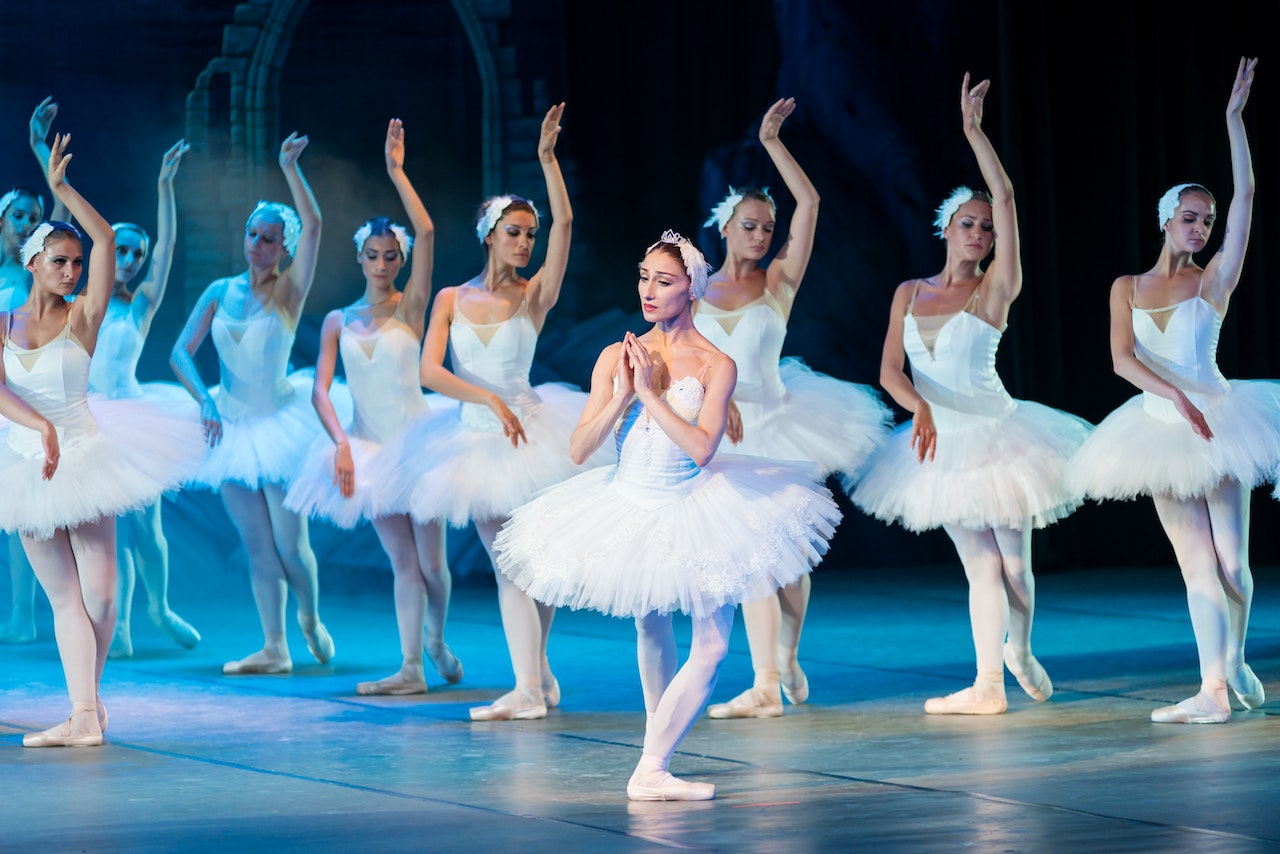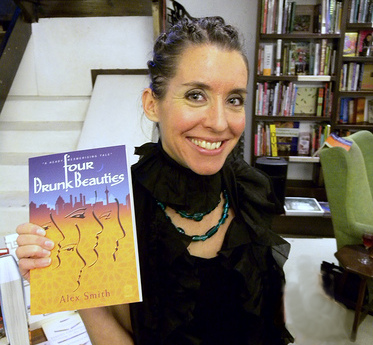More than just words on a page, writing is an art – an exquisite dance of words and ideas. But what’s the subtle balance, the pulsating rhythm, that ensures a graceful performance? That’s where logical flow takes centre stage.
Raising the curtain on logical flow
Picture your narrative as a ballet where every dancer is perfectly in step. One wrong pirouette or pilé, and the entire dance could fall apart, drawing a gasp from the audience. In the world of writing, logical flow is like the choreographer organising the dancers, creating a harmonious interplay between sentences and paragraphs. Logical flow ensures an easy, seamless read. It eliminates unexpected missteps that might bewilder the reader.
So, what’s the secret to keeping your reader spellbound throughout the performance? Three vital components: logical content structure, graceful transitions and stylistic consistency.
1. The art of well-ordered content
Like the sequenced movements of dancers, each idea you write must follow on logically from the last. The logical arrangement of your ideas not only simplifies comprehension, but also makes it easier to select natural transitions between units of writing.
Take a look at this disjointed passage:
Berlin, home to the Sehnsucht restaurant catering to anorexics. A bulimic waitress, an anorexic chef. ‘Seele’ and ‘Hallo’ are non-food named dishes. The city also hosts unique restaurants, two in total darkness, and another with pay-as-you-wish.
See the abrupt jolts and sharp turns? There is no logical order to the ideas, making it difficult to move smoothly from one to the next.
2. The elegance of transitions
Transitional phrases are like the linking steps in your ballet; they ease the reader from one idea to the next. They can be as simple as ‘Right?’, ‘Indeed’ or ‘Nevertheless’. Incorporating these words and phrases into your writing significantly improves its logical flow.
Here are more examples:
for instance, despite this, on the contrary, in fact, stated differently, surprisingly enough, to put it another way, another key point to remember, and many more.
Let’s revisit our Berlin restaurant example, now revamped with transitions and a splash of humour for a magazine-like flair:
Berlin, a city steeped in history and bratwurst, houses a culinary surprise – Sehnsucht. It’s a restaurant catering to an incredibly niche market: anorexics. This might sound unusual, yet it’s a trend gaining ground. In the kitchen, you’ll find anorexic chefs crafting minimalistic dishes such as ‘Hallo’, a delicate lobster bisque, and ‘Goodbye’, a simple rice cake topped with vanilla ice cream. This clever use of non-food names ensures even the most calorie-conscious feel comfortable.
3. The cadence of consistency
Continuity brings harmony to your writing. A sudden change in style is like the orchestra all going out of tune at once. It’s essential to maintain consistency in all aspects of your language usage, such as word choice, point of view, tense, tone, grammar and punctuation.
For instance:
Janet’s eyes are wide open, her mind bustling with thoughts. She acknowledges her irrational work worries, yet she feels ensnared by them … I, too, know the pain of such mental torment. A recent squabble with a friend keeps me awake, questioning whether to extend the olive branch first …
Notice the abrupt shift from third person to first person in the last paragraph? Sudden changes like this can make your writing hard to follow.
Mastering the dance of logical flow
Becoming a maestro of logical flow demands practice and perseverance, but the rewards are an enriched writing style and captivated readers. As an author, your primary goal is to provide an engaging, stress-free reading journey. By perfecting logical flow, you’ll be well on your way to achieving that. Happy writing!
Logical flow is a key component we teach in our journalism courses, whether you are writing feature articles or travel pieces, or simply blogging for your own enjoyment. Head on over to our journalism courses to find a course that fits your goals.












